Overview

Transitioning from a career in policing brings challenges which may impact both the officer and their family members. This is why it’s important to seek out support and services to assist with making the move to civilian life.
Working in vocations such as policing is often described as a calling and with this comes a unique lifestyle for those who serve. Transitioning from police work into the next phase of life may include aspects of mental and physical health that are best addressed at the time of transition.
From the moment you walk through the academy gates life begins to change as you assimilate into the demands and expectations of serving the community and upholding the oath of office. During your career you have many decisions made on your behalf such as rosters, meal breaks, annual leave and uniform requirements. When these decisions are no longer part of your routine it can take time to adjust.
There are also expectations of maintaining a long career where job satisfaction, transfers into specialist areas and promotions develop as a natural progression. However things don’t always work out the way we plan with injuries and disappointments with management or entitlements which negatively impact career progression.
Becoming part of the police family and feeling the pride of serving the community is why it’s so difficult to consider leaving whether it’s due to an injury, ill health, family commitments or to pursue a new career. Policing has it’s own unique culture and moving away from what you know brings with it a sense of loss and sometimes grief due to a loss of identity and questions regarding who am I now and what is my purpose. These issues need to be addressed as suppressing negative experiences and thoughts may lead to further distress.
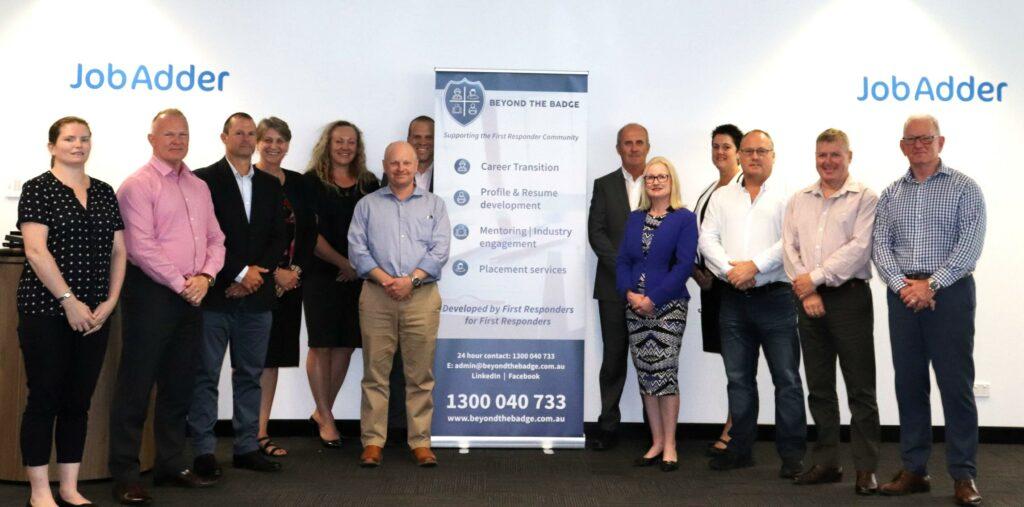
The many friendships forged throughout your career is not only based on comradery but also through lived experience, some good and some traumatic. The bond created at stations and through working relationships can be missed when transitioning out. Maintaining friendships and staying connected is vitally important to moving on with your life and embracing the new.
Taking control and responsibility for the next phase post policing will assist with feeling empowered. It is now time to take the reins!
Tips for a positive transition:
- Speak to former police who have a lived experience of transition
- Seek support from family, colleagues and friends
- Build a network of like minded people and meet regularly
- Take a break to rest and replenish before moving into a new career
- Apply to your command for your SAP record or service history
- Make arrangements to be presented with your Service Record and outstanding Medals
- Find a counsellor who understands police culture and engage in career transition counselling
- Attend a residential trauma program to deal with unresolved trauma
- Become an associate member of your Police Union
- Join your local Retired and Former Police Association
- Stay in touch with Police Legacy
- Find a former police Facebook page or group to stay engaged with others
- Attend meetings and events to stay connected tot he Police Family
- Seek career confidence and transition services and consider new and exciting roles based on transferable skills
- Write a resume and apply for new roles
- Seek out charities and offer your time
- Exercise at least 4 times a week and follow a healthy eating plan
Step-By-Step
Seek support for unresolved trauma
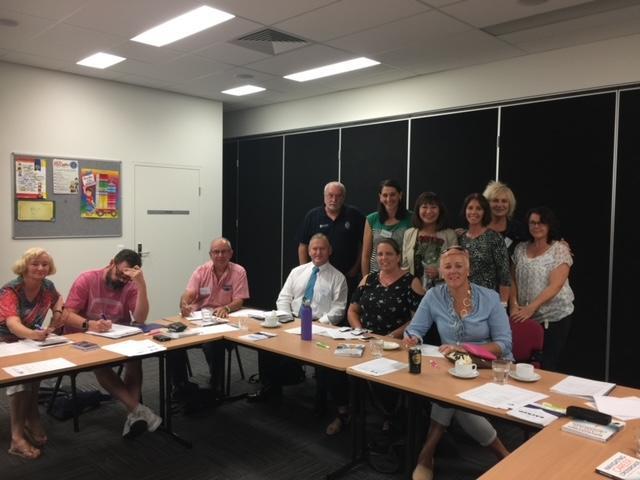
* Find a counsellor who specialises in career transition, unresolved trauma and police culture
* Attend a residential trauma recovery program to begin your healing journey
* Attend a career transition course to understand your transferrable skills
* Write a resume
* Seek assistance with job applications via recruitment agencies
* Open a linkedin account and start networking
Content for transitioning and former officers
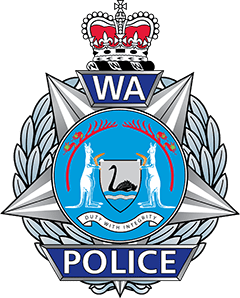 03 Apr 2022
03 Apr 2022
Police Family Support Western Australia
Inclusive and holistic mental health literacy for W.A police families with information and resources to support and understand when they or their loved one may need extra assistance including a free counselling service.
 22 Mar 2022
22 Mar 2022
Police Health
Private health insurance run by police for police including mental health, physical health, financial health, relationship and family health and career health
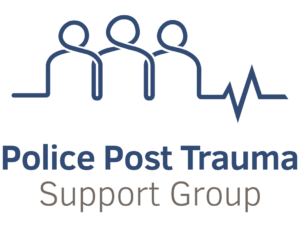 03 Apr 2022
03 Apr 2022
Police Post Trauma Support Group Inc (NSW)
Peer to Peer trauma support and referrals for NSW serving and former police and their families, monthly face to face meetings, crises intervention, chaplaincy, and spouse support services via an independent non for profit charity. Financial support is also available for necessitous circumstances and to attend mental health programs for those police and families without insurance cover.
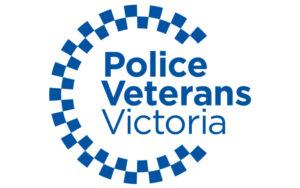 22 Jul 2022
22 Jul 2022
Police Veterans Victoria
Police Veterans Victoria is a dedicated service focused on improving mental health amongst police veterans and their families via peer to peer support.
 22 Jan 2026
22 Jan 2026
Pre-Emptive Healthcare
Pre-Emptive Healthcare comprises a multidisciplinary team of Clinical Psychologists, Psychiatrists, Dietitian's, and Allied Health Professionals offering tailored confidential mental health services. Our team provides evidence-based, trauma-informed mental health support for individuals, couples, and families. Conveniently based in Melbourne’s inner-east, we deliver appointments both face-to-face and/or via secure telehealth platforms.
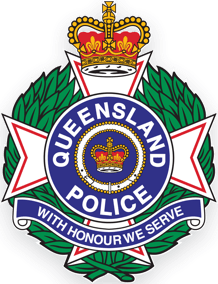 03 Apr 2022
03 Apr 2022
Queensland Police
Each individual state police jurisdictions will have mental health services for serving police which should include an Employee Assistance Program (EAP) along with other specific services. This may include EAP for transitioning police, former police up to 12 months and services for families. Career Transition services may also be included in some jurisdictions as moving into a new career after serving in the police force impacts mental health outcomes.
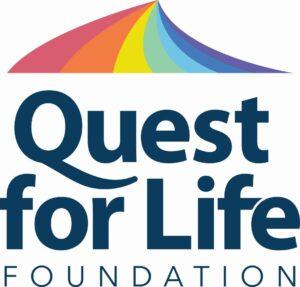 22 Sep 2021
22 Sep 2021
Quest for Life Foundation
Located at Bundanoon in the Southern Highlands of NSW, the Quest for Life Centre conducts monthly 5 day residential moving beyond trauma programs as an alternative for police living with trauma to hospital inpatient care. Programs provide educational person-centered education via a holistic approach based on the neuroscience of the brain and the latest evidenced based holistic health and healing modalities. An immersive 4 week Healing Trauma program is due to commence in late 2022. Programs such as the Healing your Life, living with cancer, loss after the suicide of a loved one, living with a brain injury or aging related illness are suitable for family members. Outreach programs are also conducted throughout NSW.
SANE - Talking about suicide
A selection of factsheets, articles, personal stories and video's to help you talk to and support someone thinking about suicide from Sane Australia.
Sane Australia
Sane Australia provides a national freecall and online counselling service for people concerned about complex mental health issues as well as peer to peer support services, information, resources, and blogs.
 03 Apr 2022
03 Apr 2022
South Australia Police
Each individual state police jurisdictions will have mental health services for serving police which should include an Employee Assistance Program (EAP) along with other specific services. This may include EAP for transitioning police, former police up to 12 months and services for families. Career Transition services may also be included in some jurisdictions as moving into a new career after serving in the police force impacts mental health outcomes.
 03 Apr 2022
03 Apr 2022
St John of God Private Hospital Burwood & Richmond NSW
Private in patient and outpatient treatment options are available at both the Burwood and Richmond hospitals with admissions via referral. Detox, drug and alcohol and PTSD treatment programs are available via closed groups or as part of regular intakes.
 23 Jun 2025
23 Jun 2025
Tacticle Yoga Australia
Tactical Yoga Australia provides online yoga programs, and a podcast designed to support the mental wellness of first responders and veterans.
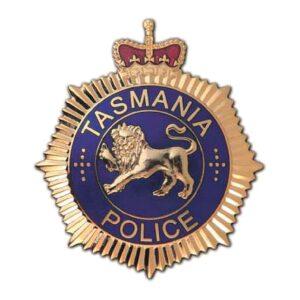 03 Apr 2022
03 Apr 2022
Tasmania Police
Each individual state police jurisdictions will have mental health services for serving police which should include an Employee Assistance Program (EAP) along with other specific services. This may include EAP for transitioning police, former police up to 12 months and services for families. Career Transition services may also be included in some jurisdictions as moving into a new career after serving in the police force impacts mental health outcomes.
 14 Nov 2022
14 Nov 2022
The Blue knot Foundation – National Centre of Excellence for Complex Trauma
Support Services for survivors and supporters of people living with or effected by complex trauma including resources to empower recovery via a helpline, redress services for those effected by institutionalized child sexual abuse and a national counselling and referral service for disability including educational workshops and resources.
 03 Apr 2022
03 Apr 2022
The Change Room
Founded in 2016, this program aims to provide a combination of mental health and resilience training to those people living with physical and emotional injury. With a mix of mentors who include former elite sportsman and physical intelligence experts programs cover information relating to health, nutrition and exercise as a way to heal.
 03 Apr 2022
03 Apr 2022
Thompson Institute
Based on the Sunshine Coast, Qld the Thompson Institute is researched based and connected with the University of the Sunshine Coast where they integrate mental health and neurological research, teaching and clinical services. The Emerald proactive mental wellbeing program is available free of charge for those living with a mental health condition and who are striving to find ways to enhance their wellbeing.
 03 Apr 2022
03 Apr 2022
Traumatic Stress Clinic (University of NSW, The Westmead Institute)
Based in Westmead NSW, this evidence and researched based Cognitive Behavioral Therapy (CBT) program, is available for police who have experienced work based and organisational trauma. Investigating new ways of enhancing existing CBT treatments along with 11 weeks of weekly one on one counselling with a clinical psychologist to ascertain the benefits of therapy tailored specifically to emergency services workers.

 Exit
Exit

